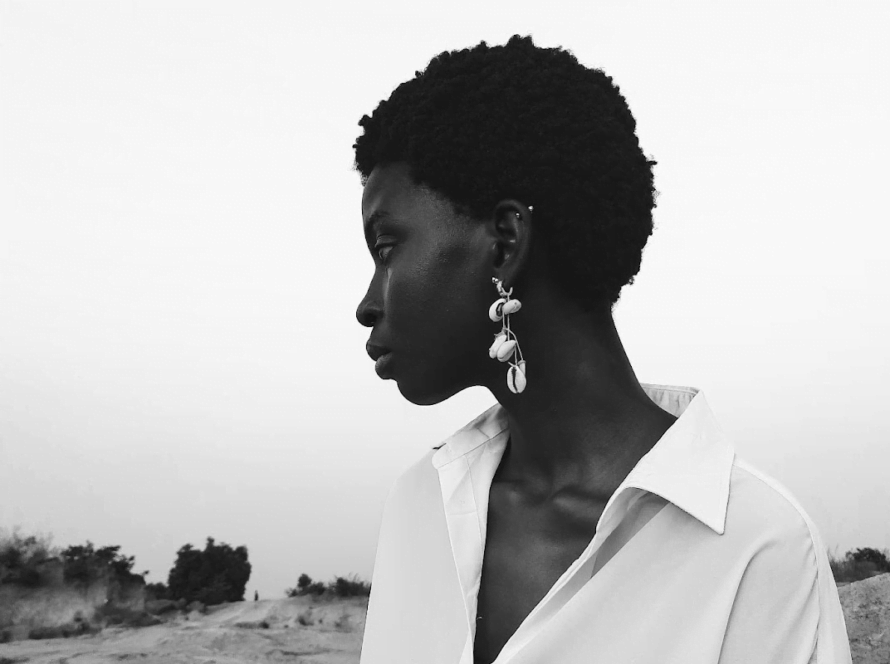Blended families are becoming increasingly common in today’s society, and with them comes the blending of cultures. For BIPOC (Black, Indigenous, and People of Color) couples, this blending of cultures can bring unique challenges and opportunities. In this article, we’ll explore the importance of inclusive therapy for BIPOC couples navigating the complexities of building a new life together.

The Challenges of Blending Cultures in a Relationship
Navigating Cultural Differences
When two people from different cultural backgrounds come together in a relationship, there are bound to be differences in beliefs, values, and traditions. While these differences can be very beautiful and a strength in the relationship, they can also lead to misunderstandings, conflicts, and even feelings of resentment if not addressed and navigated properly. For BIPOC couples, these cultural differences can be even more pronounced, as they may come from different racial or ethnic backgrounds with distinct cultural norms and expectations. Some challenges that couples navigating cultural differences may experience are difficulties in communication, decision-making, and understanding each other’s perspectives.
Dealing with Family Dynamics
In blended families, there are often multiple sets of family dynamics at play. This can include navigating relationships with ex-partners, co-parenting stepchildren, and integrating extended family members into the new family unit. For BIPOC couples, cultural expectations, beliefs and traditions can add extra challenges and complications into these already challenging dynamics. For example, one partner may come from a culture where extended family members are heavily involved in daily life, while the other partner may come from a culture where individualism is valued. This can lead to tension and disagreements on how to handle family relationships and dynamics.
Addressing Biases and Prejudices
Unfortunately, in some cases, BIPOC couples may also face biases and prejudices from society and even within their own families due to a lack of understanding and awareness. This can include microaggressions, discrimination, and stereotypes that can impact their relationship and their sense of self. Through therapy, BIPOC couples can address these biases and prejudices and learn how to navigate them in a healthy and productive way which will ultimately help them build a stronger relationship and create a safe and supportive environment for each other in their community.
The Importance of Inclusive Therapy for BIPOC Couples
Creating a Safe and Supportive Space and Addressing Cultural Differences and Biases
Inclusive therapy provides a safe and supportive space for BIPOC couples to explore their unique challenges and experiences; it allows them to discuss their cultural differences, family dynamics, and biases without fear of judgment or discrimination. Inclusive or culturally competent therapists are trained to understand and address the specific needs and concerns of BIPOC individuals and couples. By creating a space that the couple can feel safe in, a therapist creates the opportunity for the couple to show their authentic selves and address their personal concerns with openness. This process will allow couples to explore each other’s perspectives with the collective goal of understanding each other and turning their differences into strengths rather than weaknesses. Therapists can also help couples address any biases or prejudices they may face from society or within their own families so that couples can build a stronger sense of unity.
Learning Effective Communication and Conflict Resolution Skills
Inclusive therapy can also help BIPOC couples learn effective communication and conflict resolution skills. Therapists can teach couples how to communicate openly and effectively, listen to each other’s perspectives, and find solutions to conflicts that honor both partners’ cultural backgrounds. These skills are essential for navigating cultural differences and addressing biases and prejudices in a healthy and productive way and will help couples build a stronger and more resilient relationship.

Multicultural Counseling for BIPOC Couples
Understanding the Intersection of Culture and Mental Health
Multicultural counseling is a form of therapy that takes into account the intersection of culture and mental health – it recognizes that culture plays a significant role in shaping our beliefs, values, and behaviors, and that these factors can impact our mental health. For BIPOC couples, multicultural counseling can help them understand how their cultural backgrounds may impact their mental health and their relationship. It can also help them address any cultural barriers to seeking therapy and find ways to incorporate their cultural identities into their healing journey.
Addressing Intergenerational Trauma
Intergenerational trauma is something that impacts many people from a broad range of backgrounds, and it is commonly another barrier that BIPOC individuals and couples may struggle with. Intergenerational trauma refers to the transmission of trauma from one generation to the next. This can be a result of historical trauma, such as colonization or slavery, or personal experiences of discrimination and oppression. In multicultural counseling, therapists can help BIPOC couples address and heal from intergenerational trauma so that couples may have a resilient relationship and create healthier patterns for future generations.
Incorporating Cultural Traditions and Practices
Multicultural counseling also recognizes the importance of incorporating cultural traditions and practices into the therapeutic process. This can include rituals, ceremonies, and other cultural practices that can help couples connect with their cultural identities and find healing and strength. Therapists can work with BIPOC couples to identify and incorporate cultural traditions and practices that are meaningful to them and can support their healing journey. This can help couples build a stronger sense of cultural identity and connection within their relationship.
Real-World Examples of Inclusive Therapy for BIPOC Couples
The BIPOC Couples Therapy Collective
The BIPOC Couples Therapy Collective is a group of therapists dedicated to providing inclusive therapy for BIPOC couples. They offer online therapy services and specialize in working with couples from diverse cultural backgrounds. Their therapists are trained in multicultural counseling and are committed to creating a safe and supportive space for BIPOC couples to explore their unique challenges and experiences.
The Black Mental Health Alliance
The Black Mental Health Alliance is a non-profit organization that provides resources and support for Black individuals and families seeking mental health services. They offer a directory of therapists who specialize in working with BIPOC individuals and couples. Their therapists are trained in multicultural counseling and are committed to providing culturally competent and inclusive therapy for BIPOC couples.
At Destination Therapy, we also strive to provide BIPOC individuals and couples the inclusive, well-rounded care that they deserve. Our therapists are committed to creating a non-judgmental space for any and all individuals who choose to seek our support.
Conclusion
Blended families and blended cultures can bring unique challenges and opportunities for BIPOC couples. This does not mean, however, that blended families cannot go on to have meaningful, beautiful relationships and dynamics! Inclusive therapy and multicultural counseling can provide a safe and supportive space for couples to navigate these challenges and build a stronger and more resilient relationship.
By addressing cultural differences, biases, and intergenerational trauma, BIPOC couples can create a healthier and more supportive environment for themselves and future generations. With the help of inclusive therapy, BIPOC couples can build a new life together that honors and celebrates their unique cultural identities.
When to Seek Help
Destination Therapy provides a safe space to communicate openly, address challenges, and build a healthier relationship. Whether you are a busy professional dealing with burnout and anxiety or looking to explore if couples therapy can equip you with the tools to build a stronger, happier bond, we can match you with one of our therapists, who will be able to help with your concerns.
If you’re ready to explore therapy, we offer a free 15-minute consultation call to discuss your needs and see if couple therapy is right for you.


